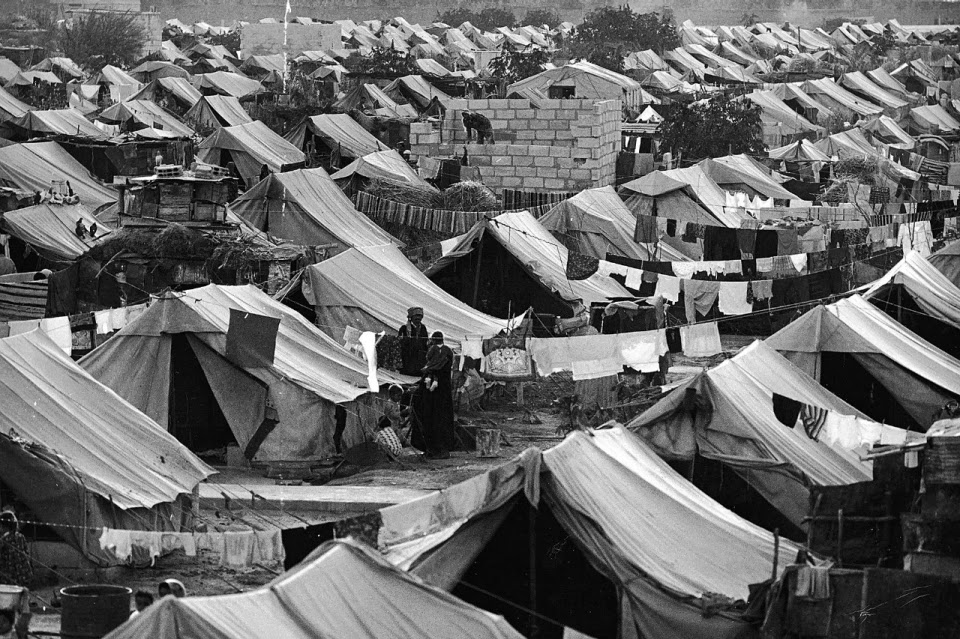A social group of any size whose members reside in a specific locality, share government and often have a common cultural and historical heritage. The term has acquired several related meanings, including:
- the commons or common people, as distinguished from those of rank;
- a state of organized society, in its later uses relatively small;
- the people of a district;
- the quality of holding something in common, as in community of interests, community of goods;
- a sense of common identity and characteristics.
The international law definition of "community,” as developed, refers to "a group of persons living in a given country or locality having a race, religion, language and tradition of their own and united in the identity of race, religion, language and tradition in a sentiment of solidarity, with a view to preserving traditions, maintaining their form of worship, insuring the instruction and upbringing of their children in accordance with the spirit and traditions of their race and rendering mutual assistance to each other.”[1]
[1] Permanent Court of International Justice, The Greco-Bulgarian "Communities,” Advisory Opinion No. 17, 31 July 1930 (Leiden: Sijthoff, 1930), p. 21.



